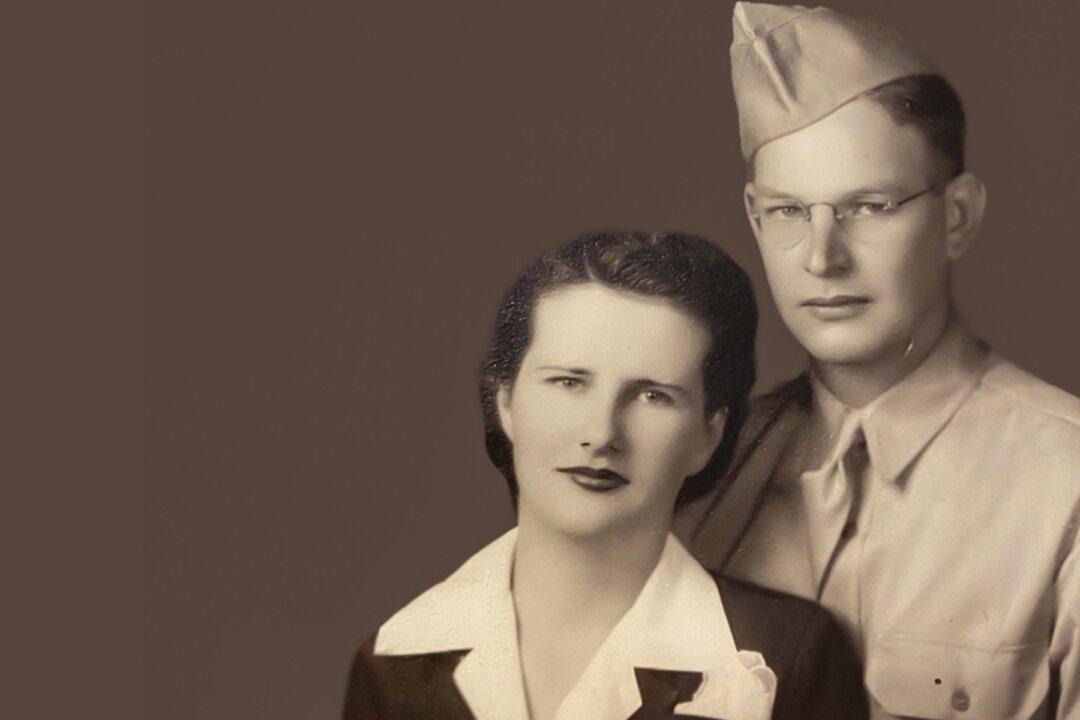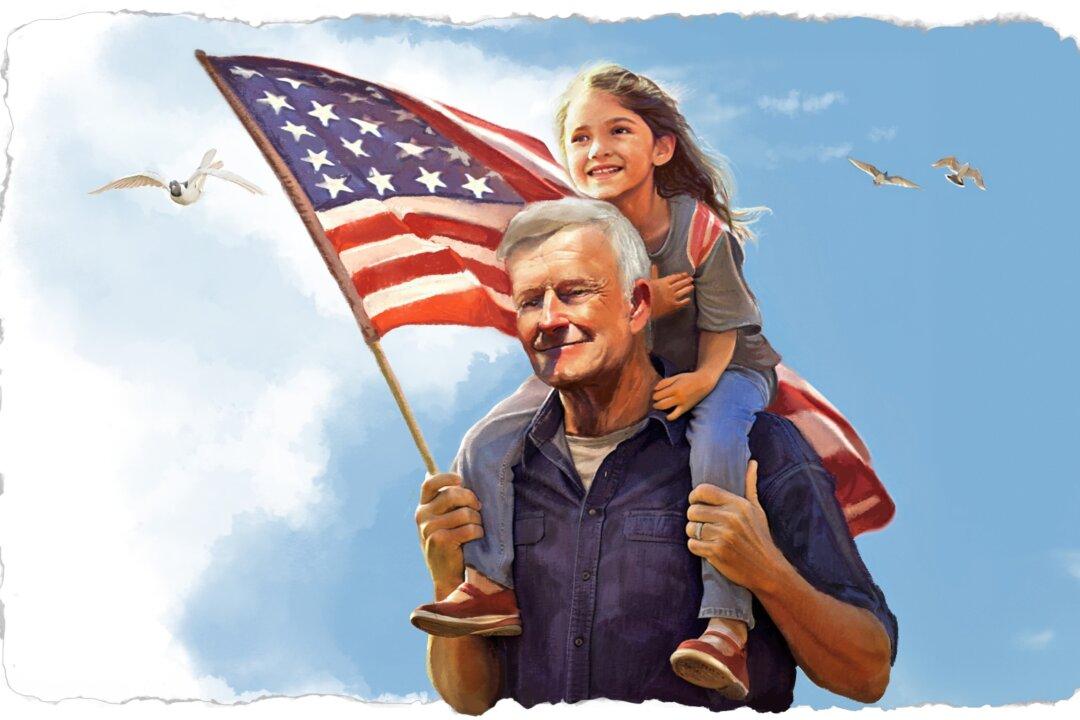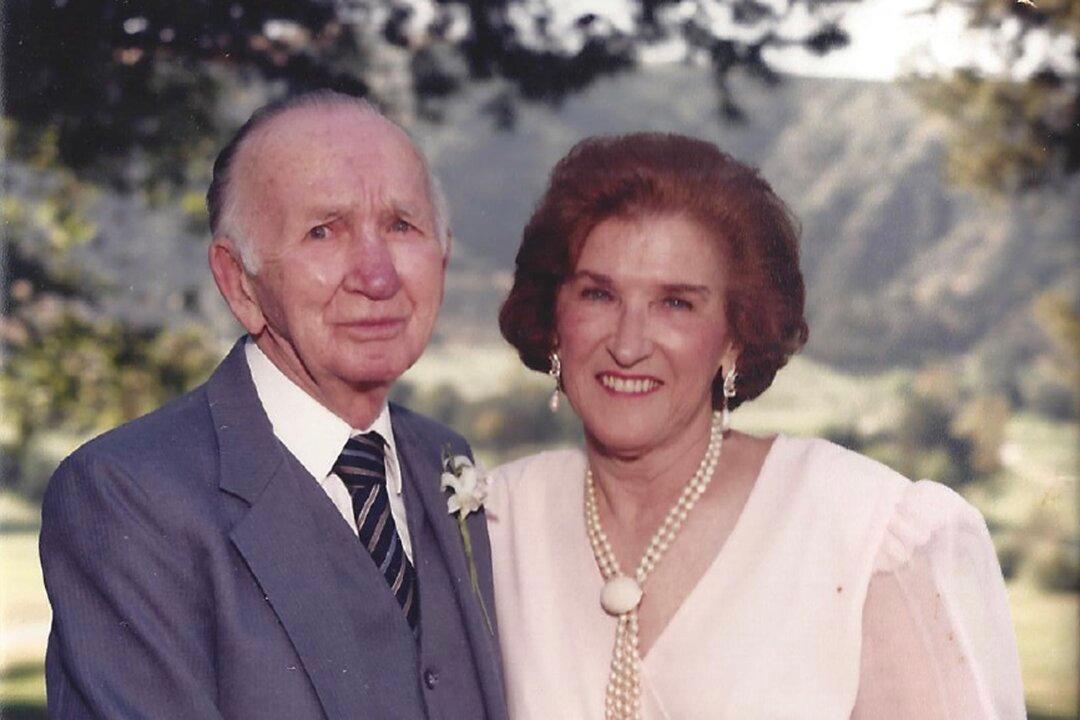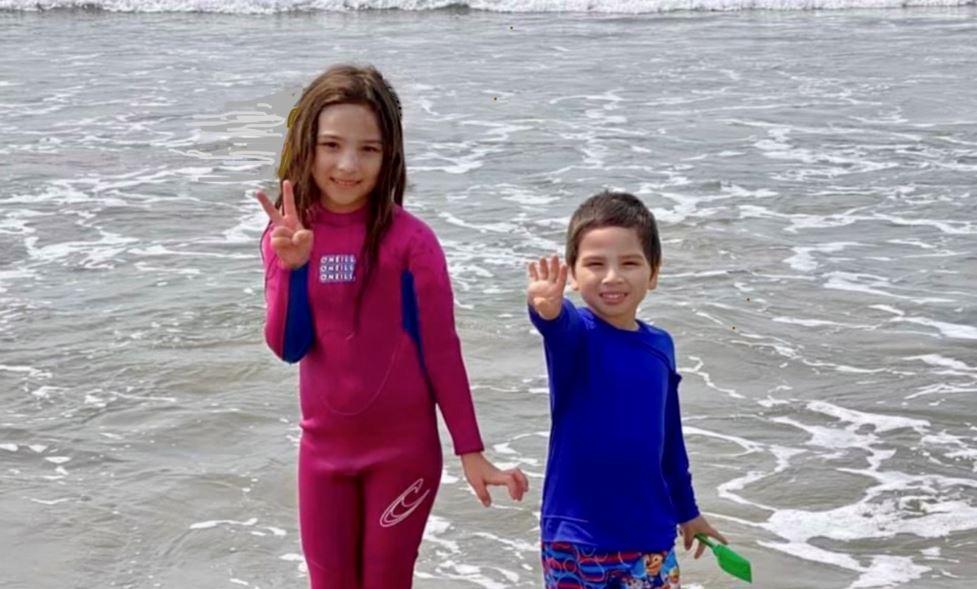My father was a member of what has come to be known as “The Greatest Generation.” Born in 1918 into a large Catholic family in central Minnesota, he had four sisters and was the eldest of four boys. Dad grew up on a small farm and, as the oldest son, he bore the brunt of hard work and the scrutiny of a demanding father. My grandfather assumed his son would follow in his manure covered footsteps. But my headstrong father wanted no part of life in the fields and barns.
He rebelled at age 15 when he ran away from the lush green pastures, jumped onto a dirty boxcar with the “hobos,” (as he called them) and headed west. Having no particular destination in mind and only a few dollars in his pocket, he spent uncomfortable nights on board and at one stop in Kansas was offered shelter in a local jail where he was allowed to spend a few nights in a cell, sleeping on what he called “a bed far more comfortable and cleaner than the boxcar.”





